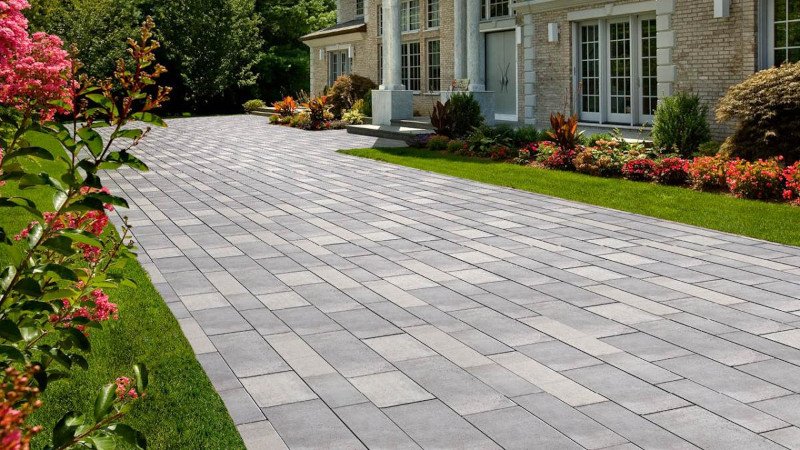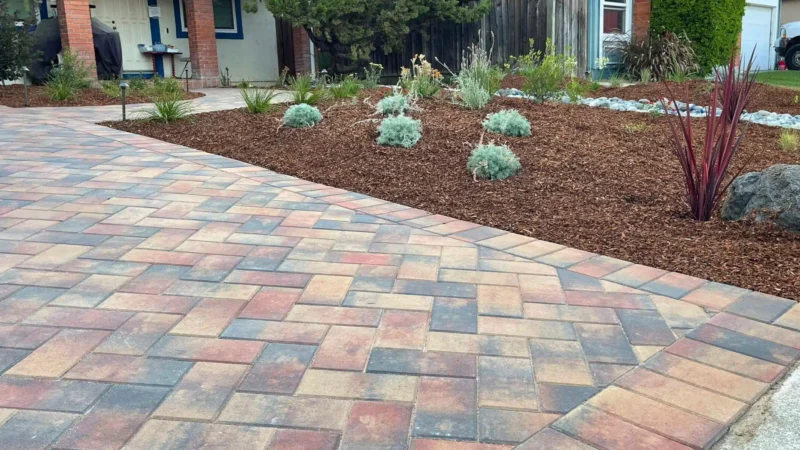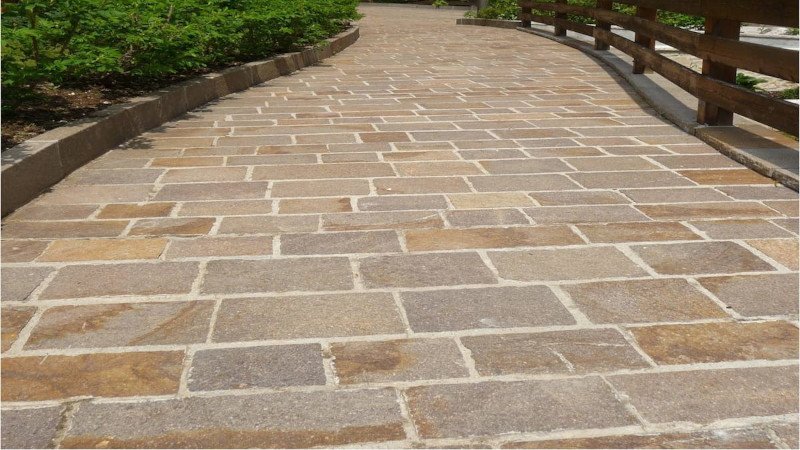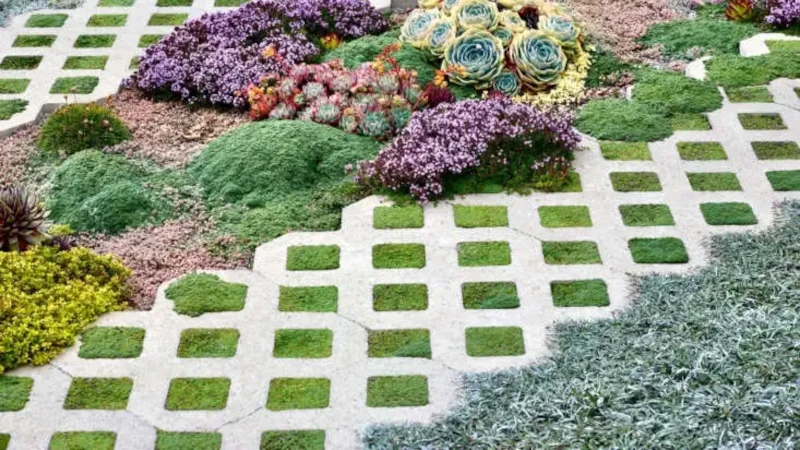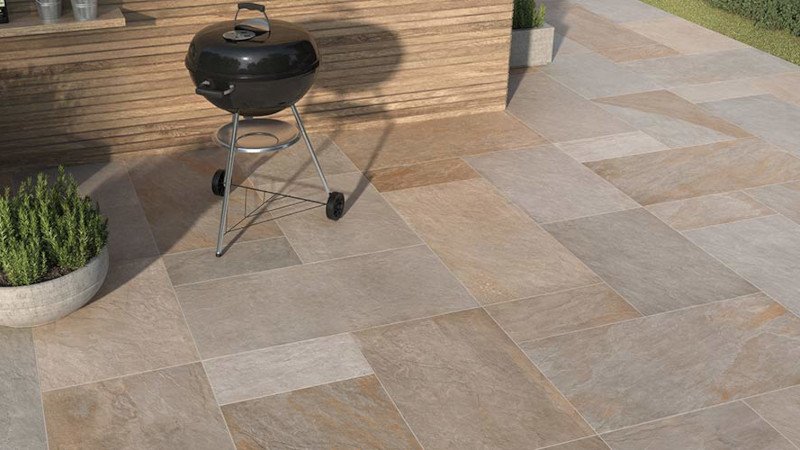Interlocking Pavers
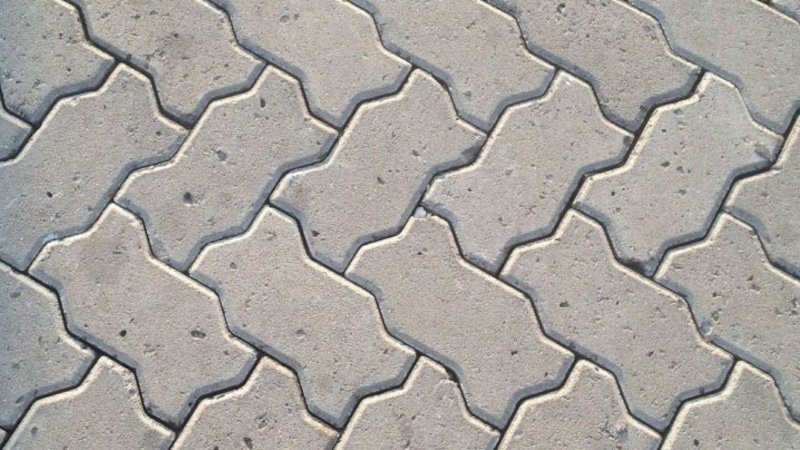
Interlocking pavers are a popular choice for outdoor hardscaping projects due to their durability, versatility, and ease of installation. These pavers are designed to fit together tightly, creating a stable and cohesive surface. Here’s an expanded overview of interlocking pavers:
- Design and Structure:
- Interlocking pavers have specialized shapes and edges that allow them to fit together seamlessly, forming a strong and cohesive surface.
- The interlocking system can be in the form of tongue-and-groove connections, protrusions, or other configurations that enhance stability.
- Materials:
- Interlocking pavers are commonly made from various materials, with concrete being one of the most popular choices.
- Concrete interlocking pavers are manufactured using molds and can be designed to mimic the appearance of natural stone, brick, or other materials.
- Versatility:
- Suitable for a wide range of applications, including driveways, walkways, patios, pool decks, and more.
- The versatility of interlocking pavers allows for creative design patterns and flexibility in adapting to different project requirements.
- Ease of Installation:
- Interlocking pavers are designed for easy installation, making them suitable for both professional installers and DIY enthusiasts.
- The interlocking system simplifies the alignment and placement of the pavers, reducing the need for specialized skills and tools.
- Adjustability:
- The interlocking design allows for adjustments and replacements if individual pavers become damaged or need to be repositioned.
- This feature makes repairs easier and more cost-effective compared to traditional paving methods.
- Stability and Load Distribution:
- The interlocking system enhances the stability of the overall surface by distributing loads evenly across the paver area.
- This feature makes interlocking pavers suitable for high-traffic areas, driveways, and other applications where load-bearing capacity is crucial.
- Durability:
- Interlocking pavers, especially those made from concrete, are known for their durability and ability to withstand weathering, freeze-thaw cycles, and other environmental factors.
- Properly installed interlocking pavers can have a long lifespan.
- Permeability:
- Certain types of interlocking pavers are designed with permeable features, allowing water to pass through the joints. This can be beneficial for managing water runoff and drainage.
- Aesthetics:
- Interlocking pavers come in various colors, shapes, and textures, offering aesthetic flexibility.
- They can be chosen to complement the style of the surrounding landscape and architecture.
- Low Maintenance:
- Interlocking pavers require minimal maintenance. Regular cleaning, occasional re-sanding of joints, and sealing (if applicable) can help preserve their appearance and prevent weed growth.
- Cost-Effectiveness:
- While the initial cost of interlocking pavers may be higher than some other materials, the ease of installation and potential for DIY projects can contribute to cost-effectiveness.
Interlocking pavers offer a practical and aesthetically pleasing solution for a variety of outdoor projects. Their adaptability, durability, and ease of installation make them a popular choice for both residential and commercial applications.


